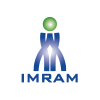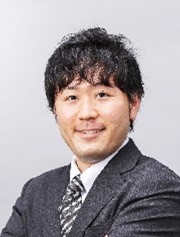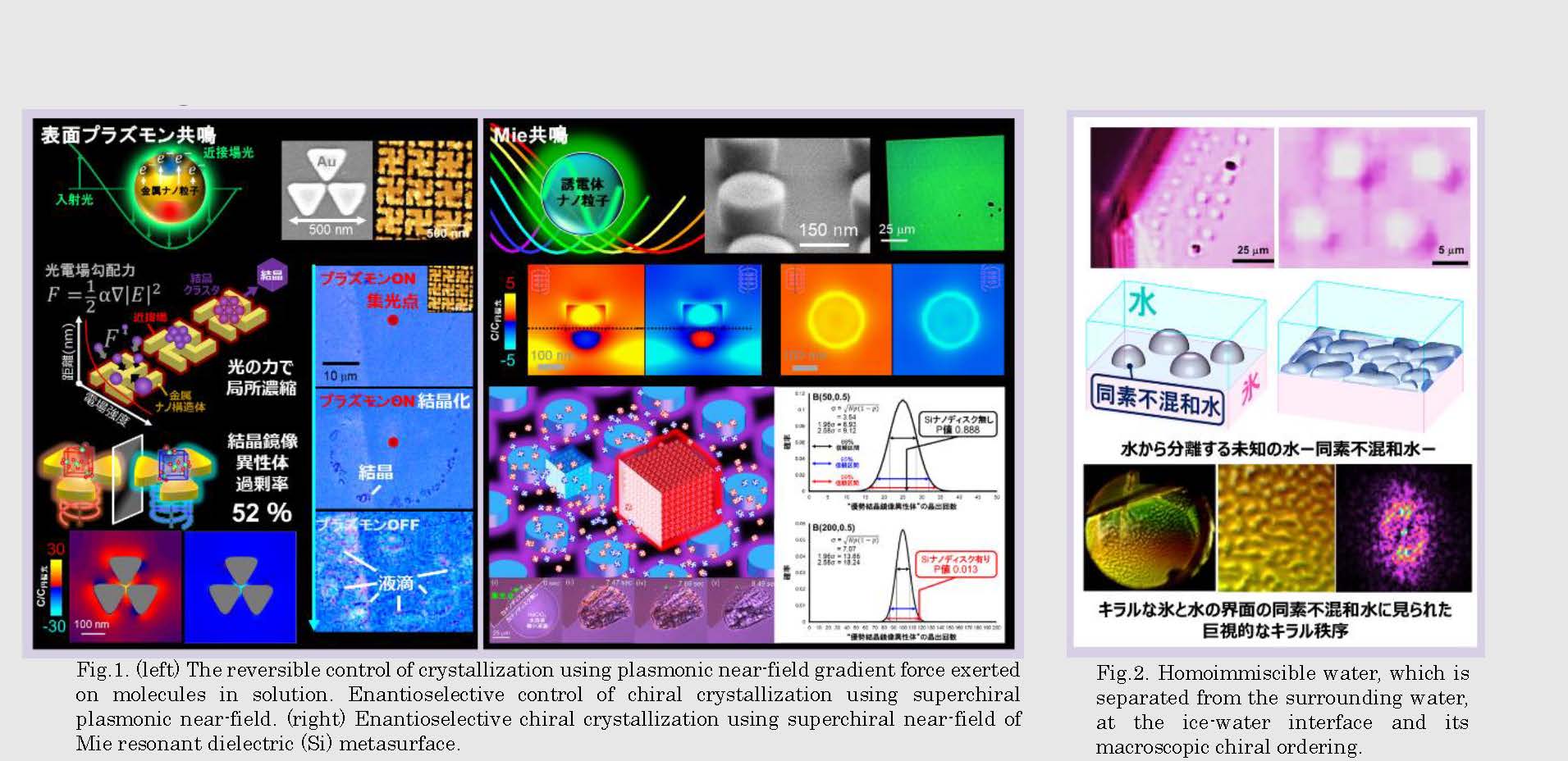
IMRAM
Institute of Multidisciplinary Research for Advanced Materials, Tohoku University
東北大学
多元物質科学研究所

LAST UPDATE 2025/05/30
-
研究者氏名
Researcher Name新家寛正 Hiromasa NIINOMI
助教 Assistant professor -
所属
Affiliation東北大学 多元物質科学研究所
マテリアル・計測ハイブリッド研究センター 光機能材料化学分野
Institute of Multidisciplinary Research for Advanced Materials, Tohoku University
Materials-Measurement Hybrid Research Center,Photo-Functional Material Chemistry -
研究キーワード
Research Keywordsキラリティ
近接場
結晶成長
液体多形
水
Chirality
Near-field
Crystal Growth
Liquid Polymorph
Water
- 研究テーマ
Research Subject -
ナノ構造体の近接場を駆使した自己組織化の制御と物性計測技術の開発
Control and measurement of molecular self-assembly using near-field of nanostructures
研究の背景 Background of the Research
金属や誘電体ナノ構造体への光照射によって励振される局在型表面プラズモン共鳴やMie共鳴により生じる近接場はナノスケールに閉じ込められた光であり、従来の光科学の主役であった空間を伝搬する遠方場とは異なる新奇な光学現象や物質との相互作用を起こすことが知られています。近接場と物質の相互作用の特性を駆使することで、新たな物質制御法や物性測定法が生まれることが期待されています。
Light irradiation to metallic or dielectric nanostructures generates near-field locally confined in nano space through the excitation of localized surface plasmon resonance or Mie resonance. The near-field is known to induce unprecedented optical phenomena and light-matter interaction beyond the frameworks of the light-matter interaction in far-field radiation. The unique interaction between near-field and matter is expected to provide unprecedented method to control and measure materials and their physical properties, respectively.
研究の目標 Research Objective
近接場と物質との相互作用を駆使することで、結晶化をはじめとした分子自己組織化の自在制御と、遠方場では困難な物質物性測定の実現を目指しています。特に、キラルな近接場とキラル物質との間で生じる、円偏光よりも左右非対称な相互作用を駆使したキラル自己組織化の制御に取り組んでいます。また、氷と水の界面に生じる未知の水である“同素不混和水”の物性や局所構造の決定にも取り組んでいます。
The objective of my research is to realize the control of molecular self-assembly including crystallization and the measurement of physical properties that cannot be attained by conventional far-field by using near-field. Especially, we pursue the possibility of enantioselective chiral self-assembly by the asymmetric interaction between chiral near-field and matter. Also, we aim to measure the physical properties of “homoimmiscible water”, which is macroscopically separated from the surrounding bulk water, at the ice-water interface, by near-field.
研究図Figures

Fig.2. Homoimmiscible water, which is separated from the surrounding water, at the ice-water interface and its macroscopic chiral ordering.
論文発表 / Publications
Chiral crystallization: CrystEngComm 18, 7441 (2016). Cryst. Growth Des. 19, 529 (2019). J. Phys. Chem. C 125, 6209 (2021). J. Phys. Chem. Lett. 15, 1564 (2024).
Homoimmiscible water: J. Phys. Chem. Lett. 11, 6779 (2020). J. Phys. Chem. Lett. 13, 4251 (2022). Sci. Rep. 13, 16227 (2023). J. Phys. Chem. Lett. 15, 659 (2024).
研究者連絡先 / HP
- hiromasa.niinomi.b2
 tohoku.ac.jp
tohoku.ac.jp - http://www2.tagen.tohoku.ac.jp/lab/nakagawa/
- https://researchmap.jp/Hiromasa